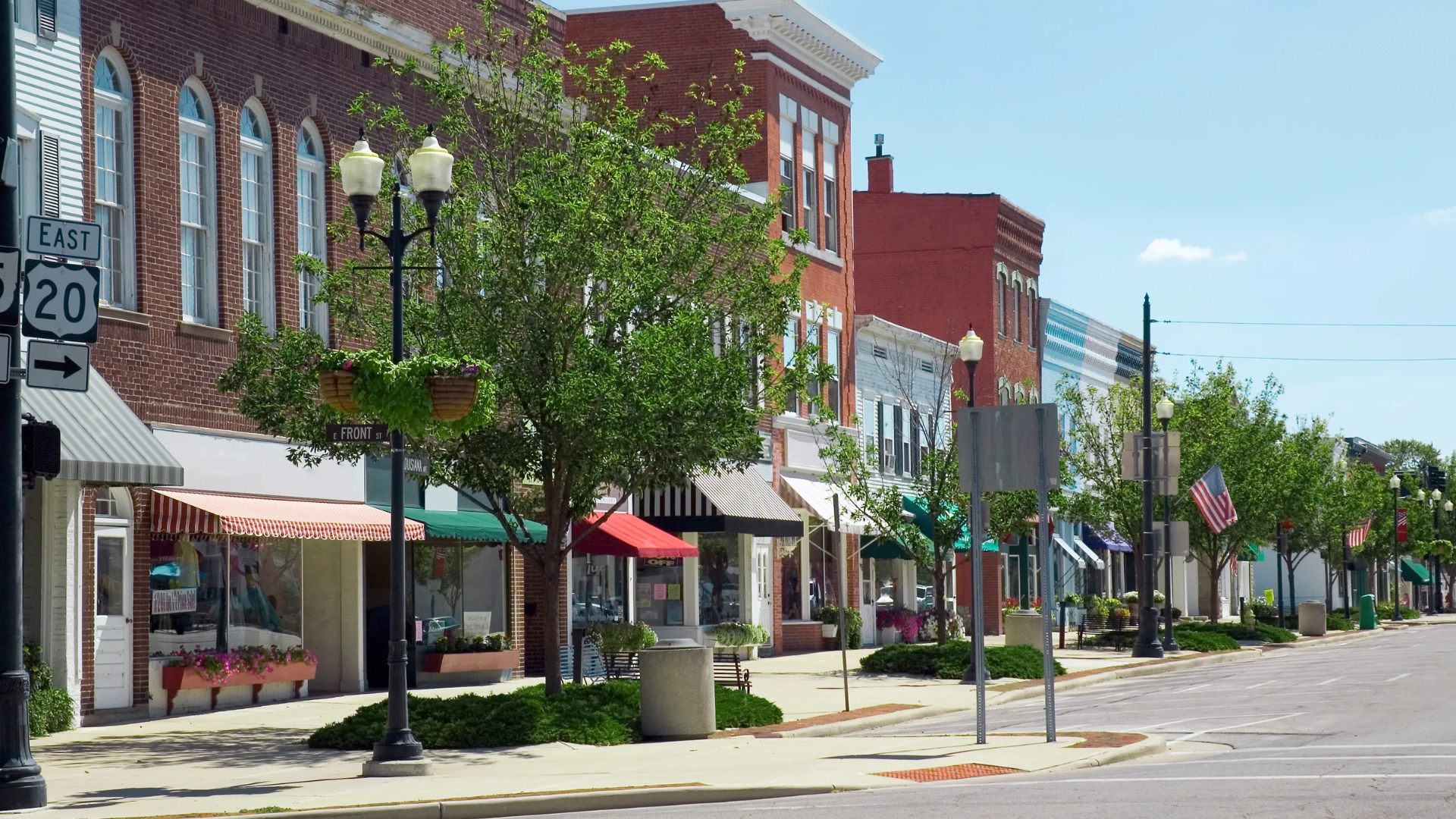Pulse check: The economy, small business, and the skilled trades with Gusto
A conversation about the state of the economy, its impact on small businesses, and what’s ahead — along with how to navigate it

Image: USA Today
This story was written in partnership with Gusto. Learn more
The past few years have been a whirlwind — Covid, supply chain issues, inflation, etcetera — so to get a temp check on today, I caught up with Nich Tremper, Senior Economist at Gusto.
We talked about the state of the economy, its impact on small businesses, contractors included, and what’s ahead — along with how to navigate it.
Let’s start with the general economy. How would you describe what’s happening today?
Two things are true: The Federal Reserve is very confident that it’s controlled inflation compared to a year ago. However, prices are still up ~25 percent compared to five years ago. People remember back to that, and it wasn’t until the last 18 or so months that wages started keeping up with inflation.
While all that has been happening, businesses have added jobs to the economy. People have money to spend — and they expect to keep their jobs. In general, things are going okay, and small businesses are taking advantage of it.
What should contractors be paying attention to right now?
I think one thing is how many more rate cuts the Fed does. If the Fed continues to lower interest rates over the next several cycles, credit will become more affordable and that’s really an opportunity for the economy to continue to grow.
That’s when businesses will start getting loans; that’s when people will start getting mortgages again. And that’s the opportunity for a lot of the growth we’ve experienced in the past couple of years to really take off again.
What are your conversations with small business owners like right now?
Business owners have been increasing both their optimism and uncertainty all year. When we survey them, they tell us things like, ‘Yeah, I don’t know what’s going on but I’m pretty happy right now.’ This paints an overall picture where businesses see opportunities, but they don’t know how long they’re going to last.
One thing we’re advising small businesses to do is to start planning productivity investments because wage growth is going to continue. So, you’re going to have to find ways to become more productive because labor costs are going to go up by four or five percent.
Now, at the same time, loan costs should start becoming more affordable, so they should be ensuring that their books are in a credit-worthy position and that they’re ready to apply if they want to.
What data have you found regarding the skilled trades, including HVAC?
We did a study looking at wage growth among Gen Zers entering the trades. We found that since May 2021 — and I’m choosing that date because that’s when people were out in the streets after Covid — the average wage across the economy has increased by 15 percent. However, Gusto’s internal data has shown that the average wage in skilled trade positions for 18 to 25-year-olds has increased by 25 percent.
So, these are incredibly enticing jobs. And I think that’s a good thing because, since the Great Recession, we’ve had a lack of folks launching careers in the trades. In 2008 and 2009, there wasn’t an opportunity — people weren’t hiring in those positions, and entry-level folks weren’t able to get going. It took years for these industries to recover from the Great Recession.
But today, three million fewer students are on traditional university campuses since 2011. People are seriously starting to rethink their relationship with work and how to build meaningful careers.
Given all the data you’re looking at, what’s Gusto’s main takeaway for business owners this year?
There are lots of reasons for folks to be optimistic; I think small businesses are set up for success. They showed us that they could weather storms during Covid, and these are much calmer times. I think they need to keep an eye on how they’ll go about getting capital because it’s likely to become more affordable.
And I’d think through recruitment and spend a couple of hours doing some scenario planning. Think through what happens if revenue goes up or down. But overall, I’m optimistic about small businesses, and they seem to be as well. People are still starting businesses at record rates, and they’re out there generating power for the U.S. economy.
Side note, small businesses and those who work within them have a lot of questions about how the overall economy affects their business, so to help them make sense of it all, our Principal Economist publishes a short, quarterly video called, “The Economy Explained.”
📬 Get our stories in your inbox
Keep reading
HVAC Deals: April 2024
Recent investment activity from around the industry
Industry Voices: American Residential Services’ Joseph Hark
October 20, 2023
Most Read: June 2024
The top five reads from last month, in order


